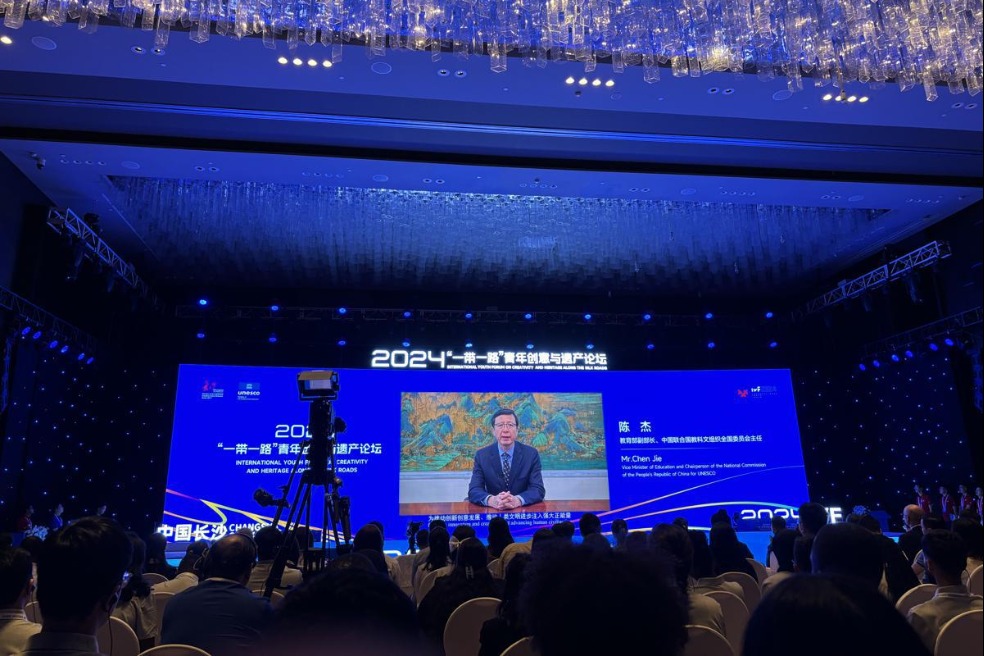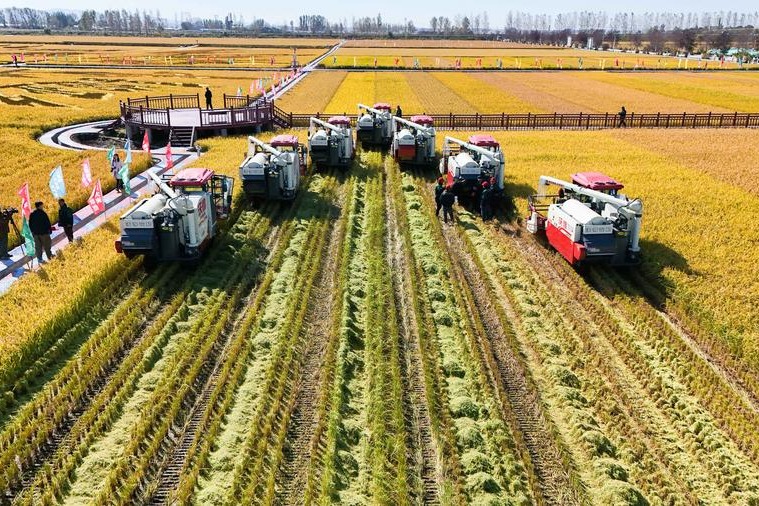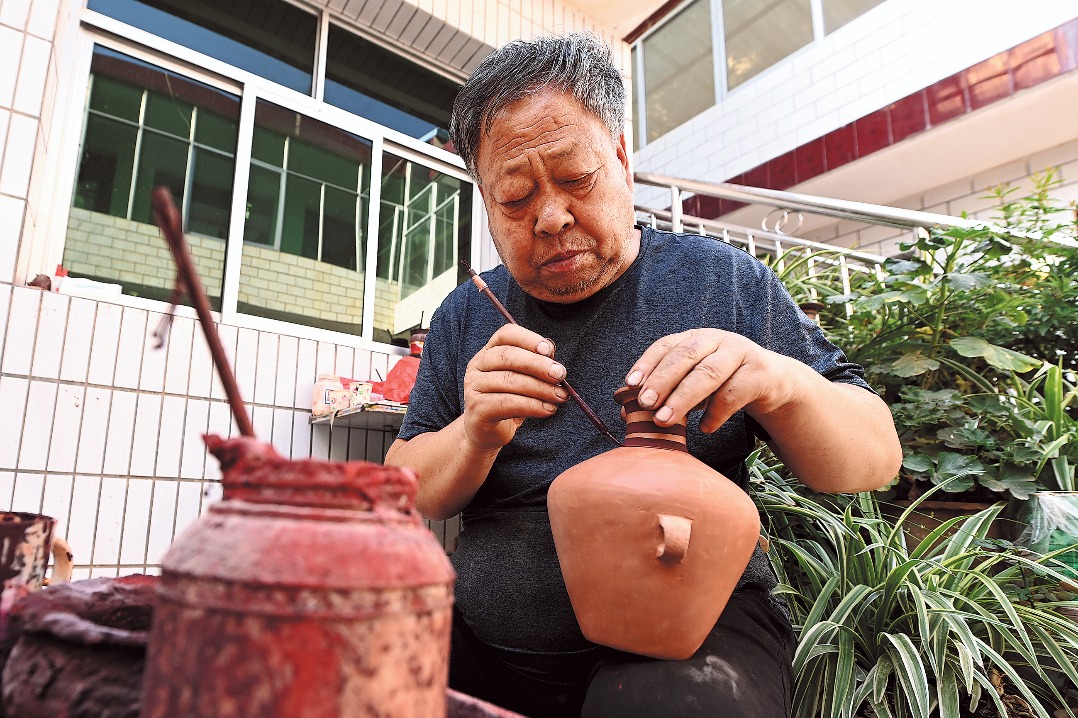High-quality legislation serving modernization
Experts say development needs to be realized in accordance with rule of law

During efforts to promote the formulation of laws in key, emerging and foreign-related fields, the quality of legislation should be improved by optimizing legislative procedures and approaches, experts said.
They said high-quality legislation plays a vital role in serving high-quality development, adding that Chinese modernization needs to be realized in accordance with the rule of law.
Their comments came after a requirement calling for deepening reforms in legislation was written into a resolution adopted at the third plenary session of the 20th Central Committee of the Communist Party of China, which concluded in Beijing in July.
The resolution on further comprehensively deepening reform to advance Chinese modernization provided guiding principles for various aspects for the next five years and specified seven legislative items — including ones promoting the private sector, financial development and national unity — as major tasks to draw up.
It also clarified that the rule of law provides an important guarantee for Chinese modernization, with significance in improving the quality of legislation.
Shen Chunyao, an official from the Standing Committee of the National People's Congress, China's top legislature, said that legislation in the fields of national security, technological innovation, public health, biosecurity, the digital economy and artificial intelligence needs to be advanced in addition to completing the legislative tasks in the resolution.
While pointing out that high-quality legislation will help achieve Chinese modernization, he said, "Legislative items or decisions must be formulated, amended, abolished, codified or interpreted in more scientific and democratic approaches."
He stressed the importance of public opinions in lawmaking, calling for the improvement of "grassroots legislation opinion collection stations", an innovative move initiated by the Legislative Affairs Commission of NPC Standing Committee in July 2015.
The stations — some located in communities and some in colleges — have given individuals and departments at the grassroots level and from various sectors an easier channel to share their ideas on legislative issues, enabling them to give their advice directly to national lawmakers.
Forty-five such stations have been set up across the country, and they collected more than 27,880 legislative suggestions from the public from 2015 to April, according to data released by the commission in June.
In addition to disclosing draft laws in a timely manner to solicit public opinions, Jiang Bixin, deputy head of the China Law Society, said that optimizing legislative procedures is another crucial part of improving the quality of legislation.
"In the process of advancing reforms in different areas, for example, legislative demands and suggestions should be put forward simultaneously," he said. "If the time for making a law is not yet ripe, the NPC Standing Committee should authorize pilot programs to be carried out first."
Xu Anbiao, a member of the NPC Standing Committee, emphasized the importance of diversifying approaches in handling legislative affairs, saying that the quality of legislation should also be further improved through full implementation of the Constitution.
"The pursuit of high-quality legislation has no end, and it is always on the road," he added.
Since the 18th CPC National Congress in 2012, China has stepped up efforts to promote reform and advance law-based governance simultaneously, and some significant achievements have been made, according to Shen.
He compared reform and the rule of law to two wings of a bird and two wheels of cart, revealing that of 303 laws currently in effect, 78 were newly enacted after the third plenary session of the 18th CPC Central Committee, including the Civil Code, a legislative milestone that serves as a fundamental law for regulating civil activities.
caoyin@chinadaily.com.cn





































